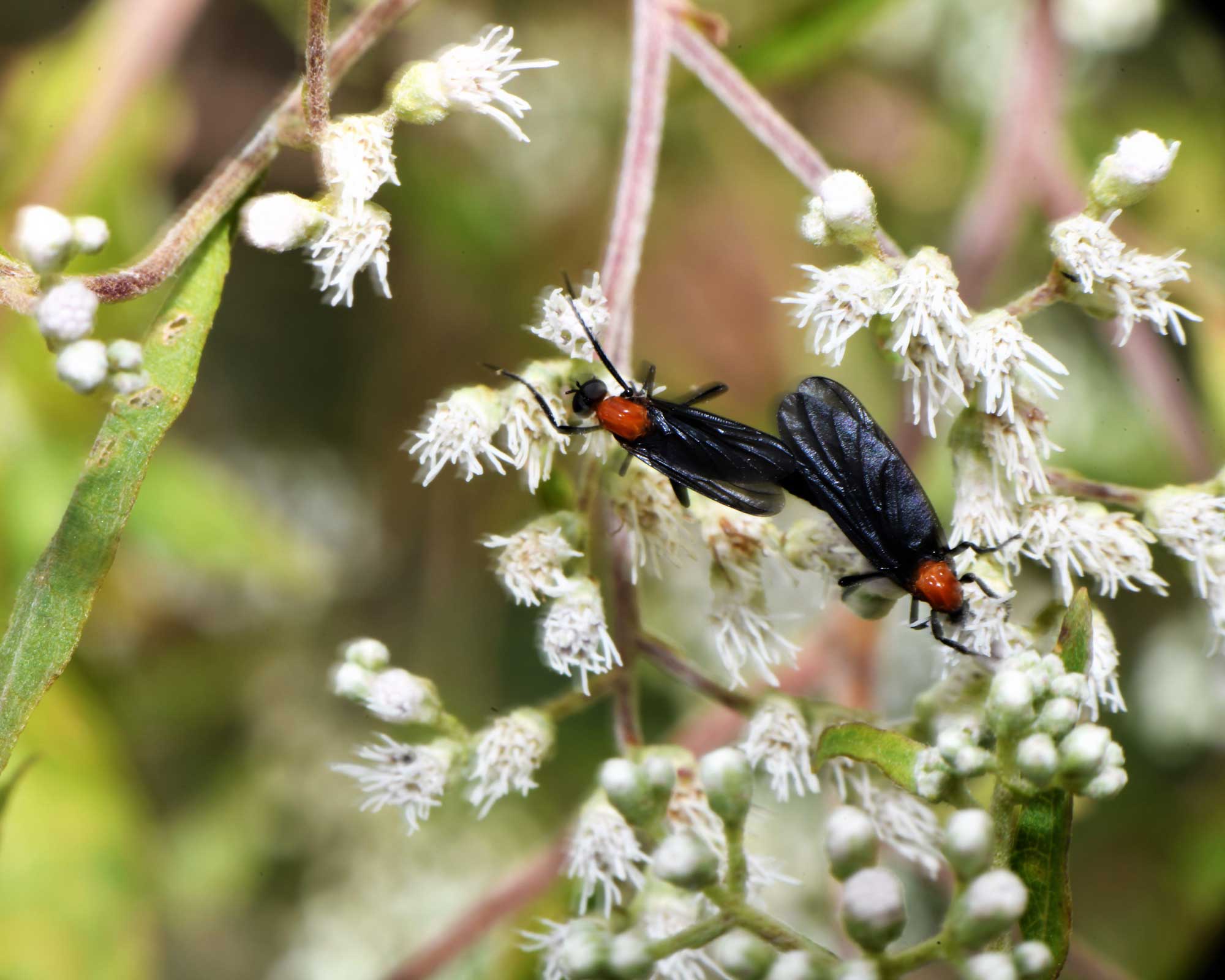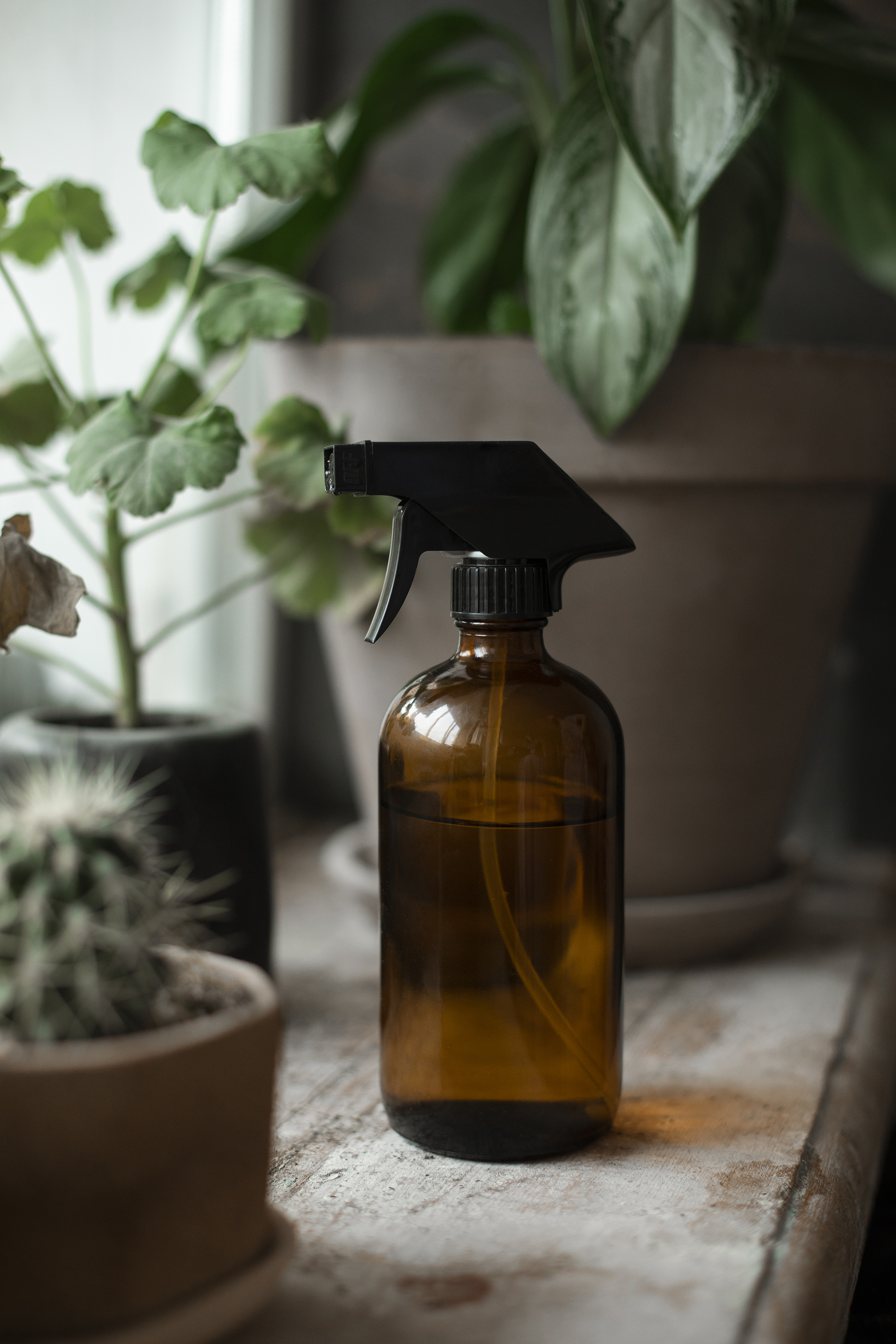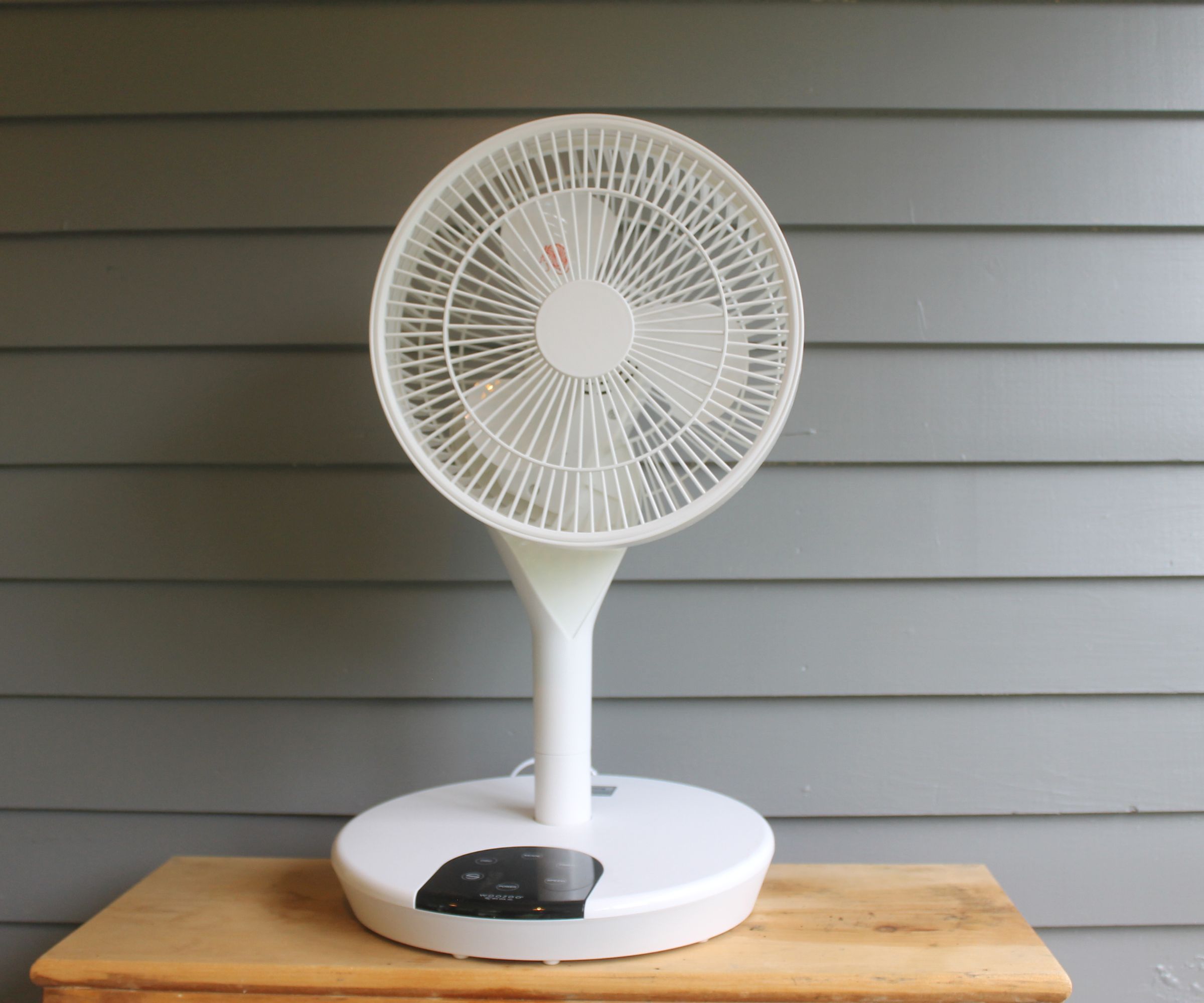How to get rid of love bugs around the house, according to entomologists
If you're dealing with a swarm of these pests, we have rounded up the best methods to get rid


Design expertise in your inbox – from inspiring decorating ideas and beautiful celebrity homes to practical gardening advice and shopping round-ups.
You are now subscribed
Your newsletter sign-up was successful
Want to add more newsletters?

Twice a week
Homes&Gardens
The ultimate interior design resource from the world's leading experts - discover inspiring decorating ideas, color scheming know-how, garden inspiration and shopping expertise.

Once a week
In The Loop from Next In Design
Members of the Next in Design Circle will receive In the Loop, our weekly email filled with trade news, names to know and spotlight moments. Together we’re building a brighter design future.

Twice a week
Cucina
Whether you’re passionate about hosting exquisite dinners, experimenting with culinary trends, or perfecting your kitchen's design with timeless elegance and innovative functionality, this newsletter is here to inspire
Love bugs come from Central and South America and are attracted to heat, and gases emitted from cars and lawnmowers. They aren't all bad: these bugs break down plant matter in the soil, redistributing plants' nutrients.
However, they can be a nuisance in late spring and late summer, particularly for anyone living in the southeastern states of Florida, Louisiana, Mississippi, Alabama, Georgia, and parts of Texas.
Flying while joined tail-to-tail, they are generally most active in the daytime, between 10am and 6pm. These romantic bugs are harmless (unless you are a car) but they certainly make their presence known. We turned to entomologists and pest control professionals to find out the best way to get rid of love bugs around the house.
How to get rid of love bugs around the house
We also share alternative home-spun solutions, from homemade bug sprays to the strategic use of fans and the 'white bowl' method so that you'll have a few techniques up your sleeve.

Love bugs have a black and orange body
The best way to get rid of love bugs
Experts recommend using light-colored traps to get rid of love bugs indoors and out. Fly traps, at Amazon can be purchased easily online or in hardware stores and are an inexpensive option to try as your first line of defense. They are also safe to use around kids and pets.
Light-colored traps work by attracting love bugs who confuse bright surfaces with a potential mate, and when they land on the sticky pad they can't escape.
Michael Johnson, pest control expert from Ciao Bedbugs says that scientific research has shown that their attraction to white is rooted in their sensitivity to ultraviolet light, making them particularly fond of surfaces that reflect UV light. 'This attraction for UV-reflective surfaces influences their behavior, particularly during their mating flights,' he explains.
'Love bugs frequently gather on white vehicles, buildings, and similar objects. Yes, they will mistakenly perceive them as potential mates due to their UV-reflective qualities. This behavior results in the formation of swarms on these surfaces during their active seasons.'
1. Use an insect spray
If problems persist, an insect spray may be the next best option, but it's important to use these with care and call in a professional. 'Pyrethroid-based insecticides can also be used but should be applied by a certified pesticide applicator to ensure safety and efficacy,' says Shawn Gleason of Bugs Encyclopedia.

Shawn Gleason is a seasoned Entomologist with a Ph.D. from the University of Florida and the founder of Bugs Encyclopedia. With over 10 years of experience in Integrated Pest Management, he is a certified Pesticide Applicator and a recognized authority in entomology.
2. Make your own spray

Avoid the chemicals and the expense of chemical sprays and create a homemade spray with household staples. Combine warm water with lemon-scented dish soap and a splash of mouthwash and shake. You'll need a spray bottle, available cheaply at Walmart. Spray on your front door and surfaces where love bugs are gathering.
3. Use the 'white bowl' technique
A popular trick for getting rid of love bugs around the house is filling a white bowl or bucket with warm water and some baby oil. The love bugs will be attracted to the light-colored bowl and be unable to get out.
Design expertise in your inbox – from inspiring decorating ideas and beautiful celebrity homes to practical gardening advice and shopping round-ups.
'The white bowl with baby oil and water method can work but is more of a temporary solution,' comments Shawn Gleason. 'This technique capitalizes on the love bugs' attraction to light colors but doesn't address the root of the issue.'
You can also use dish soap in the bowl – citrus scents will work best and may help keep them away while camping or in your backyard.
4. Use fans

Run ceiling fans (and any smaller fans you might have handy) on high to keep air moving and make it harder for love bugs to find somewhere to land. This is a simple method that can help discourage them from settling inside.
FAQs
Why is my house swarmed with love bugs?
Entomologist Shawn Gleason explains that love bugs are attracted to certain chemicals found in car fumes and household cleaners, which can inadvertently invite them to your home. He recommends a thorough check for potential attractants.
Michael Johnson adds that these bugs lay eggs in decaying organic matter, such as plant debris and mulch so areas near agricultural fields and wooded spots tend to be hotspots for bug populations.
How long does love bug season last?
'Love bug season typically occurs twice a year, in late spring and late summer, lasting around 4-5 weeks. During these times, you can expect increased activity and swarming,' says Shawn Gleason.
If love bugs are bugging you, a quick trick is to light a citronella candle, much like when getting rid of mosquitoes. As for your car, use dryer sheets to help ward them off. It's also worth noting that they love warm and humid conditions, so the number of love bugs you see will vary year on year depending on your local climate, and climate change may mean they become more of a common occurrence.

Millie is a freelance writer and qualified interior designer based in Sheffield. She has many years of experience in the world of content and marketing, and previously worked as the head of Solved at Homes & Gardens. Before that, she worked in SEO at News UK in London and New York. She has a first-class degree in French and Italian from UCL and loves to weave decor into her home that reminds her of time spent living and studying in Bologna. Millie believes a clutter-free space that you love coming home every day is the best secret weapon for our well-being.